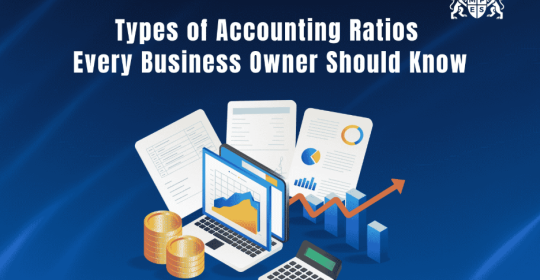1) Use a professional CV template
There are plenty of free professional CV templates available online. Use one of these to ensure that your CV looks polished and professional. You could even have someone look over your CV to give you feedback on whether it looks good.
For example, a professional CV needs to:
Be clear and concise- The most important information should be easy to find.
Use simple, yet specific language- Use industry jargon sparingly, if at all.
Include relevant information- Your CV should include your education, work history, skills, and any other relevant information.
Additionally, make sure to tailor your CV for each job you apply to. This means specifying why you're a good fit for the role in question.
2) Work on your certifications and qualifications
If you don't have much work experience, you can make up for it by having impressive qualifications. Start by taking some free online courses to improve your skills. You can also get certified in various fields to show potential employers that you're knowledgeable and capable. If you're interested in the medical field, the PALS online program is a great way to get certified. Also, be sure to list any relevant qualifications on your CV.
For example, if you're applying for a job in the customer service field, including your certification in conflict resolution will show that you have the skills necessary to defuse difficult situations.
In addition to taking courses and getting certified, you can also join professional organizations related to your field. This will show that you're committed to your career and always looking to improve. For example, the National Association of Social Workers is a great organization for social workers to join.
3) Use strong action verbs
When describing your work history and skills, use language that packs a punch. This means using action verbs such as "achieved," "improved," or "managed." Doing so will make your CV more persuasive and easier to read.
For example, instead of saying "I was responsible for customer service," you could say "I managed a team of customer service representatives."
In addition to using strong language, be sure to back up your claims with evidence. This could be data from a project you led or feedback from a previous employer. For example, if you say that you increased sales by 10%, include data to back it up.
4) Highlight your accomplishments
In addition to using strong language, be sure to highlight your accomplishments. This will show potential employers what you're capable of and that you're results-oriented. When describing your work history, use numbers to quantify your accomplishments.
For example, instead of saying "I increased sales at my previous job," you could say "I increased sales by 10% at my previous job."
Additionally, be sure to include any awards or recognition you've received. This will show that you're not only good at your job but that others have noticed as well. Keep in mind, however, that not all awards are created equal. So, only include those that are relevant to the job you're applying for.
5) Use keywords
When employers are looking through CVs, they often use applicant tracking systems (ATS) to help them sort and filter candidates. These systems look for keywords that are relevant to the job opening. So, be sure to use relevant keywords in your CV.
You can find out which keywords to use by looking at the job listing. For example, if the listing says that the ideal candidate is " detail-oriented," be sure to include that word in your CV.
6) Get help from a professional
If you're having trouble putting together a strong CV, you can always get help from a professional. There are plenty of resume-writing services that can help you create a CV that'll get you noticed.
While it's not necessary to use a service, it may be worth considering if you're struggling to put together a strong CV on your own.
A strong CV is one of the most important tools you can use when looking for a job. By using a professional CV template, working on your qualifications, and highlighting your accomplishments, you'll be able to improve your CV and find a job much easier. If you're having trouble putting together a strong CV on your own, consider getting help from a professional.






